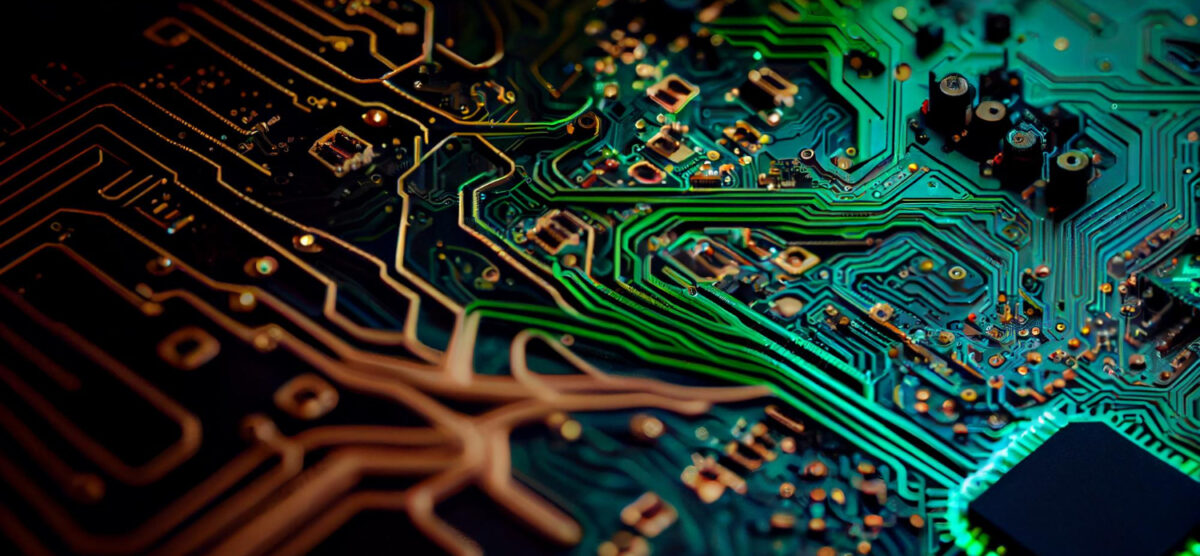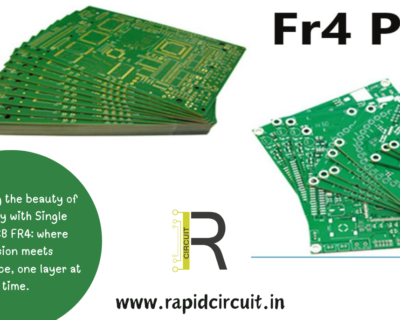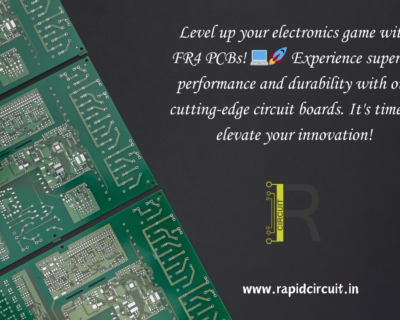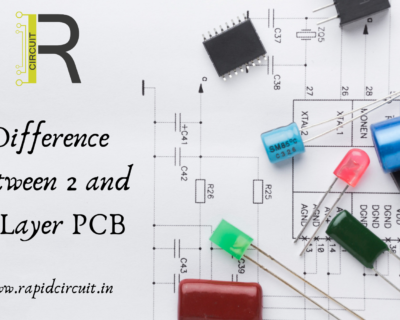Blog

Streamlining Innovation: The Importance of PCB Front-end Engineering Services.
The printed circuit board (PCB) is the unsung hero of technology, allowing hundreds if not thousands of electronic devices to function that we require daily in our lives. PCBs – from smartphones to medical equipment, are the nervous system of modern electronics that controls information and power flow throughout electronic systems. Nevertheless, every successful PCB design is based on the underlying engineering and optimization process where front-end services are vital.
Front-end engineering services cover a wide range of important activities at the early stages of PCB development. This stage includes the entire range from design conceptualization to final layout, ensuring that the PCB complies with all stringent requirements of its intended application. Now let’s dive a bit deeper into the importance of PCB front-end engineering services and how they contribute to electronic product success.
Design Consultation and Conceptualization:
At the beginning of any PCB project, good consultation and conceptualization are crucial. The front-end engineering services render inestimable skills of the transition from client’s requirements and specifications to a feasible PCB design concept. No matter what the scheme is—optimizing for size, performance or cost—seasoned engineers can provide priceless insights to guide the design in a proper direction from day one.
Schematic Design and Simulation:
The schematic diagram is the prototype of PCB layout. Using sophisticated CAD tools, front-end engineers painstakingly design schematics that reflect the intimate linkages among components. In addition, simulation approaches are used to determine how the circuit will behave under various conditions thereby ensuring that it works and is reliable before the actual physical prototyping commences.
PCB Layout and Routing:
Possibly one of the most important stages in PCB development is print layout and routing process. In their turn, front-end engineers carefully position components and map paths to ensure signal integrity is maximized while EMI minimised with manufacturability improved. Taking advantage of sophisticated routing algorithms and following industry standards, they try to maintain a balance between performance cost manufacturability.
Design Validation and Testing:
Rigorous validation and testing are essential in order to make sure that the PCB meets all desired specifications as well as standards. Front-end engineering services use a wide array of tests, signal integrity analysis, thermal simulation and design rule checks (DRC) to verify the quality and reliability of the designed product. Any problems or inconsistencies are resolved quickly to eliminate risks and ensure a smooth production phase.
Prototyping and Manufacturing Support:
As the design is coming to a close, front-end engineers work in conjunction with manufacturers for facilitating prototype and manufacturing stage. They also have thorough documentation that includes Gerber files and assembly drawings so as to ensure the accurate replication of their design. In addition, they provide invaluable observations and assistance during the first cycles of production that allow identifying and eliminating any unconceived difficulties.
Basically, PCB front-end engineering services form the foundation for successful product creation that connects so much as an idea and realisation. Through the use of skills, innovative technologies and methodologies front-end engineers allow companies to produce electronic products which satisfy modern market needs.
To conclude, with the development of technology at an ever-increasing rate PCB frontend engineering services become increasingly important. Front-end engineers have many roles to play in the future of electronics ranging from performance optimization, reliability assurance among others. In order to innovate and keep the lead in technological advancement, collaboration with experienced front-end engineering service providers is essential for businesses seeking to realize PCB technology’s full potential so as t o ensure sustainable growth of electronics industry.






